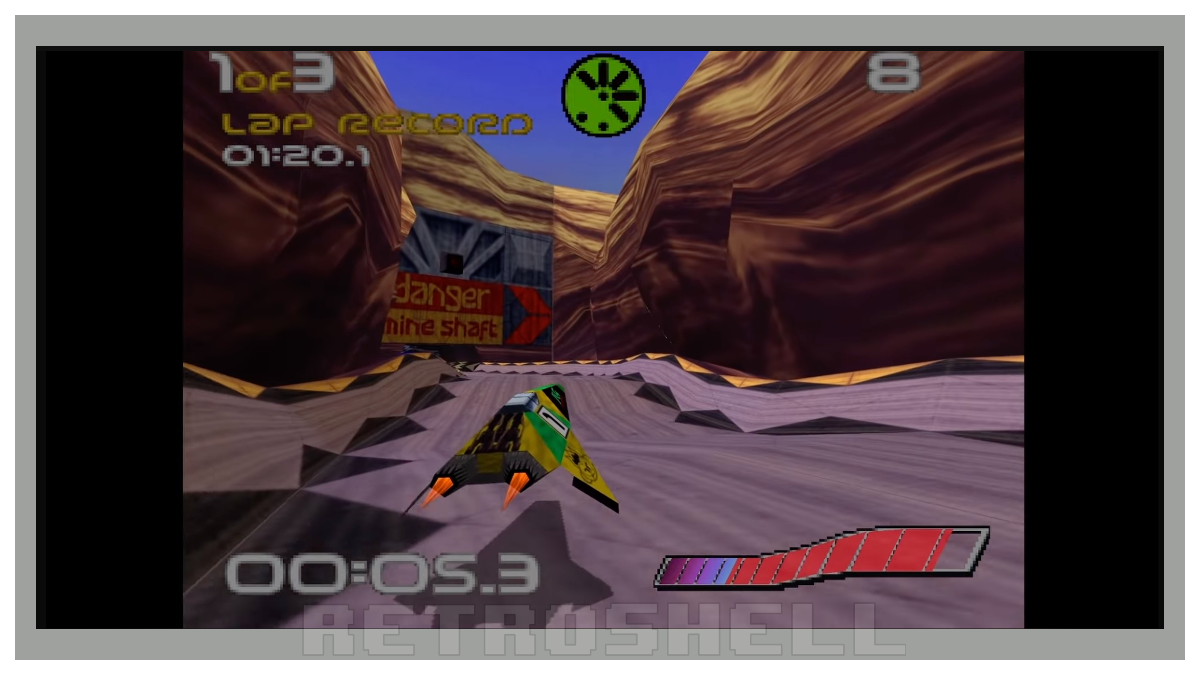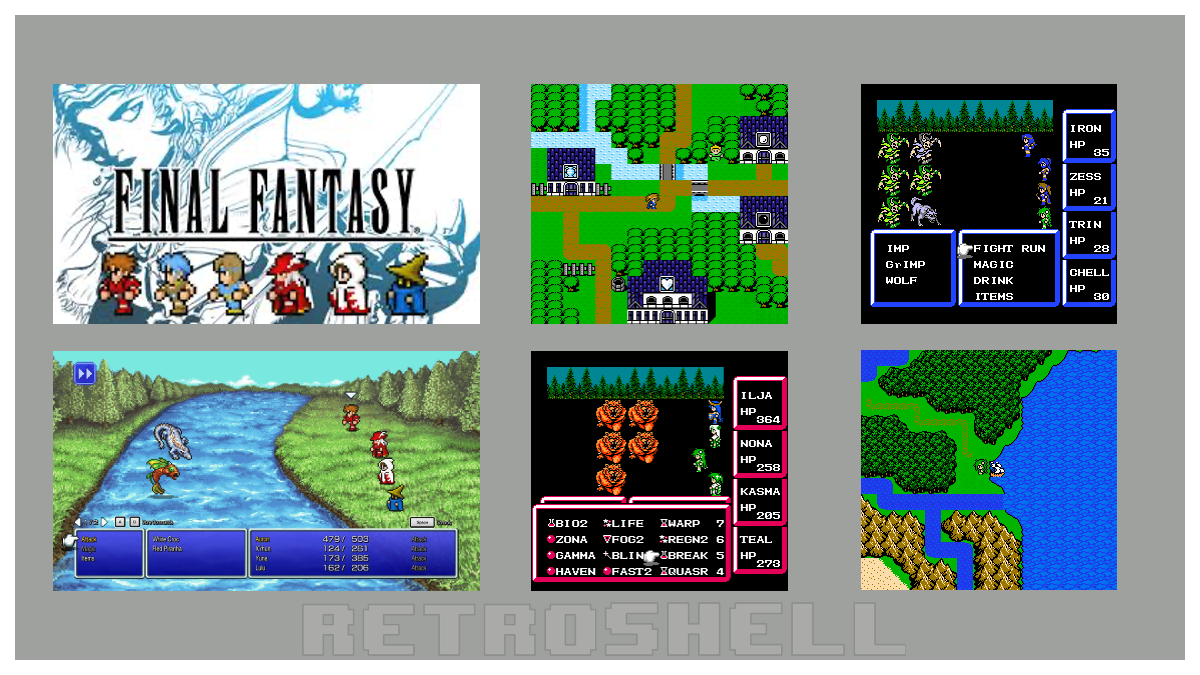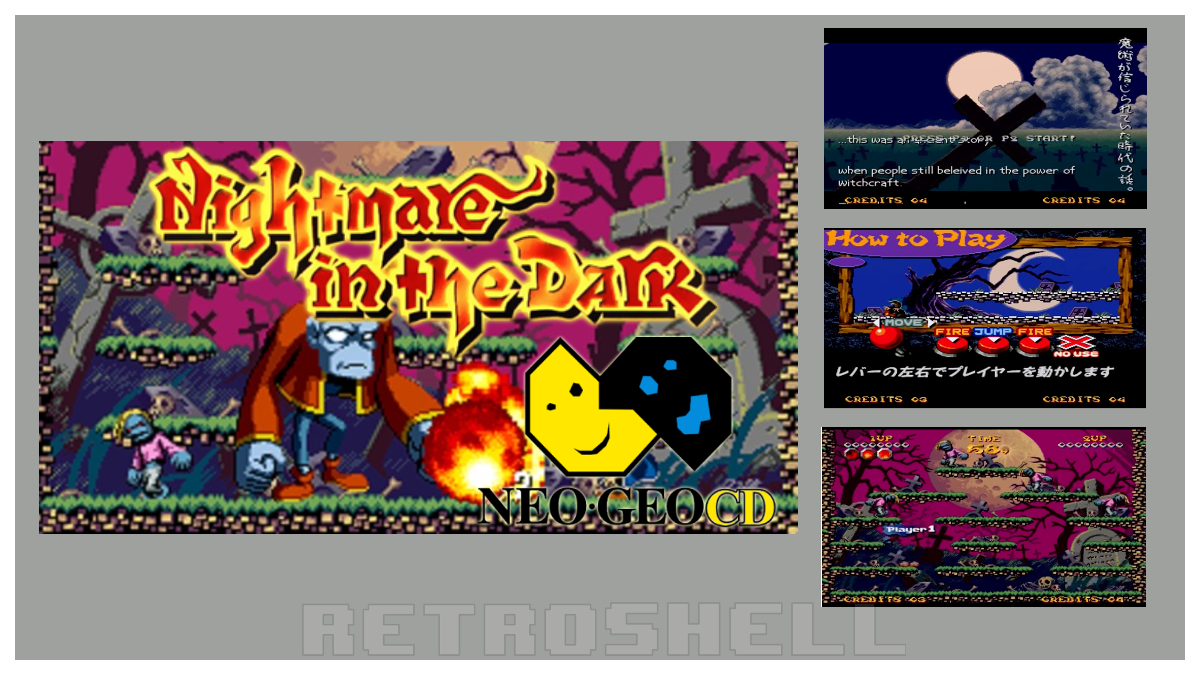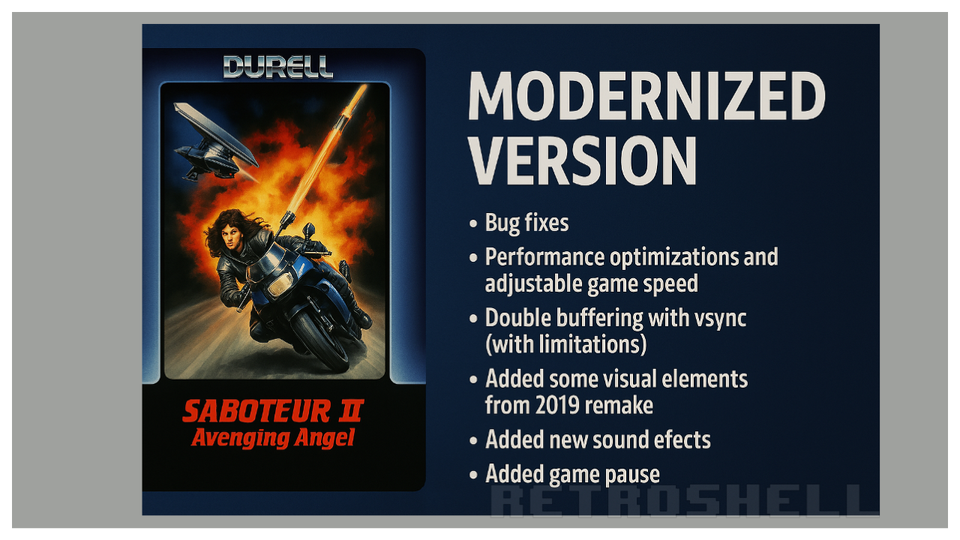Translator Responds to Claims of Using Fan Translations in Retro-Bit Retro Game Releases
Roberto Mérida Fernández, the translator for Retro Bit, has addressed allegations that the company incorporated fan translations without permission or credit in their re-releases of classic games, including Gleylancer, Assault Suits Valken, Majuu Ou (also known as King of Demons), and Shockman Zero. The claims, published in our article here, suggested similarities between Retro Bit’s English versions and existing fan translations. In an email, Mérida Fernández, a self-taught Japanese speaker and experienced romhacker who operates the YouTube channel La Meca del Clásico, outlined his translation process and responded to the accusations.

Mérida Fernández stated that he translated all four games from Japanese to English independently. He described using emulators and longplays to access the original Japanese scripts, transcribing them into a Word document, and then inserting the English text into the game ROMs. This process involved technical adjustments, such as modifying pointers and creating double-byte character tables to fit the translations within the ROMs’ space constraints.

On the noted similarities between Retro Bit’s translations and fan translations, particularly for Gleylancer, Mérida Fernández explained that Retro Bit had permission from the licensor, Extreme, to use materials from official releases, including the 2021 Nintendo Switch version of Gleylancer. Fernández said he was instructed to adopt elements from these official translations where they aligned with or enhanced his work. He acknowledged that the Switch version resembles a fan translation by romhacker Mijet but maintained that any overlap in Retro Bit’s release resulted from using this official source, not from copying the fan translation directly.
Addressing the use of fonts, Mérida Fernández clarified that those in Retro Bit’s releases were sourced from official materials or generic options common in other games. For Assault Suits Valken, he used the font from the SNES game Cybernator, owned by Konami and permitted by the licensor. For Majuu Ou, the font came from Wild Arms 1 & 2, while for Gleylancer, it was adapted from the U.S. version of Final Fantasy VI, with his own modifications. He noted that font usage was not closely monitored by Retro Bit during these projects but has since been reviewed more carefully.
Regarding an issue with the Gleylancer end credits, where the name "Mijeto" appeared in the Japanese text, Mérida Fernández said space limitations led him to revert to the original Japanese credits. He admitted to inadvertently copying them from Mijet’s fan translation ROM rather than the original game, calling it an oversight he did not correct, partly due to its coincidental link to his former nickname, "Mid Jet."
Mérida Fernández also confirmed that the dual language boot-up feature in Gleylancer was inspired by Mijet’s fan translation but said he implemented it independently, using technology from Light Crusader. He denied directly copying code or text from fan translations, asserting that similarities were either coincidental or tied to officially approved materials.
Retro Bit has previously acknowledged using "elements" from fan translations in their releases. Mérida Fernández’s statements indicate that any such use was indirect and largely unintentional, stemming from official sources or shared inspiration. The situation reflects broader discussions in the gaming community about the role of fan-made content in commercial retro game projects.
If you want to follow more from Mérida Fernández, you can follow his YouTube channel here, where he talks about retro and his efforts in translation of classic games, and you can find his website here.
Keep your classic games safe with RetroShell – the ultimate way to protect your retro collection. For the latest retro gaming news and insights, subscribe to our free Substack and get fresh updates every Monday!




